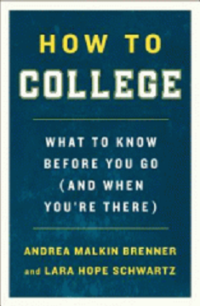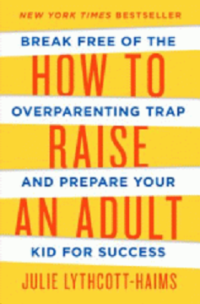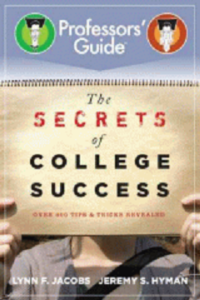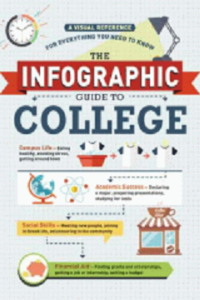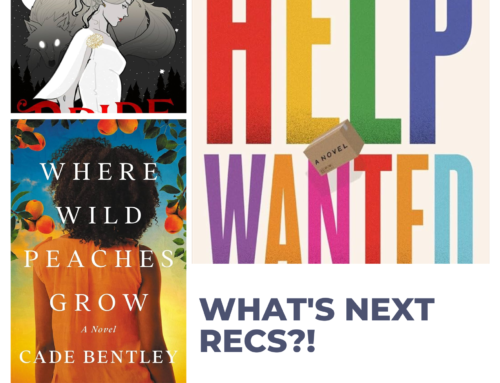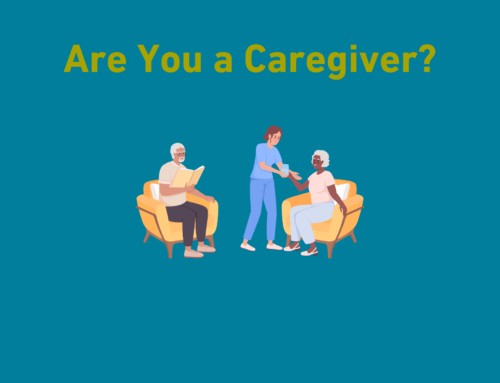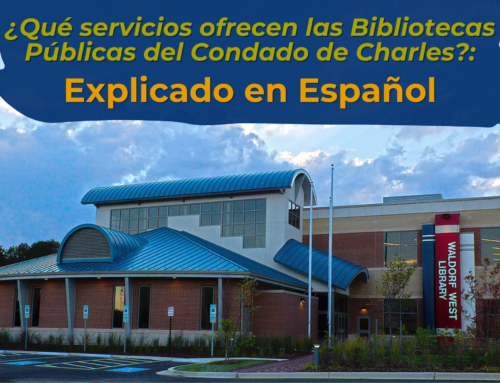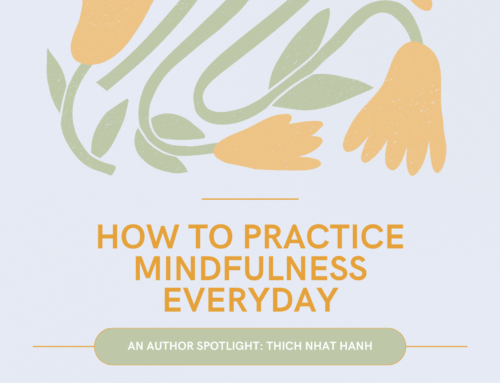
Parenthood may be one of life’s most rewarding experiences. There is something about being a somewhat-omniscient witness as your child navigates the world. From their first steps to your first goodbye as you drop them off at college, there is a lot to cherish and a lot to dread. There are a few milestones that are particularly difficult to stomach…the first time your teenager drives away on their own in the family car, and maybe the moment you kick them out of the nest and drive away from their college without them.
But there’s a reason kids grow up and move away. And parents should do everything they can to help them be successful. This may become tricky in the transition from being a high school parent to becoming a college parent. From kindergarten to twelfth grade, parents are their children’s advocates. Parents are responsible for supervising homework, communicating with the teachers and school, and instilling desirable character traits and work habits. As students transition to college, parents should realign themselves to allow their children to take the central role.
Before starting college, students should have the opportunity to learn multiple life skills. This is often called “adulting,” and a student’s mastery of these skills may determine their college success. Sociologist Andrea Malkin Brenner Ph.D. is a college transition educator and author of Shattering the Teacup Label: Honing Adulting Competencies and Building Resilience. Her article elaborates on the life skills and adult behaviors that will ease the transition to independence.
There are still several months before the fall semester begins. With a little intention, parents can develop students’ life skills now by modeling the skills and behaviors they will need when they are living under a different roof. Family discussions of scenarios one might encounter on campus could include time management, self-care skills, and asking for help when it’s needed. Take a look at Clarke University’s list of Essential Skills for College Students – Clarke University for further guidance.
First-year college students will make mistakes. Talking ahead of time about what to do when things go wrong can help soften the blow, as well as bolster confidence when students successfully navigate challenges. Every step they take on their own is one toward independence and success…and a good return on investment for college parents.
Resources
- Andrea Malkin Brenner, Ph.D.
- Shattering the Teacup Label: Honing Adulting Competencies and Building Resilience
Check out our College Bound Series, where Tamara Baptiste-Wallace (The College Application Specialist) demystifies the college application process, including financial aid and the Common App, presented on Crowdcast!
- April 12th: You Got into College, Now What? ©
- May 10th: How to College: Lifeskills ©
- June 14th: Art of the Humble Brag: Constructing Your College Essay ©
- July 12th: College 102: Applying to College When You’re First-Gen ©
- September 13th: Unlocking the Common Application ©
- October 11th: Show Me the Money: Understanding Financial Aid & Scholarships ©
- November 15th: The Road to College Starts in Middle School ©
For Further Reading
Search CCPL’s COSMOS Catalog for more resources on preparing for college success. Here are a few titles to get you started.
How to College: What to Know Before You Go and While You’re There by Andrea Malkin Brenner Ph.D. and Lara Hope Schwartz
The first practical guide of its kind that helps students transition smoothly from high school to college. The transition from high school–and home–to college can be stressful. Students and parents often arrive on campus unprepared for what college is really like. Academic standards and expectations are different from high school; families aren’t present to serve as ‘scaffolding’ for students; and first-years have to do what they call ‘adulting.’ Nothing in the college admissions process prepares students for these new realities. As a result, first-year college students report higher stress, more mental health issues, and lower completion rates than in the past. In fact, up to one third of first-year college students will not return for their second year–and colleges are reporting an increase in underprepared first-year students. How to College is here to help. Professors Andrea Malkin Brenner and Lara Schwartz guide first-year students and their families through the transition process, during the summer after high school graduation and throughout the school year, preparing students to succeed and thrive as they transition and adapt to college. The book draws on the authors’ experience teaching, writing curriculum, and designing programs for thousands of first-year college students over decades.
How to Raise an Adult by Julie Lythcott-Haims
In How to Raise an Adult, Lythcott-Haims draws on research, conversations with educators and employers, and her own insights as a mother and student dean to highlight the ways in which over-parenting harms children and their stressed-out parents. She identifies types of helicopter parents and, while empathizing with parents’ universal worries, offers practical alternative strategies that underline the importance of allowing children to make their own mistakes and develop the resilience, resourcefulness, and inner determination necessary for success. Relevant to parents of toddlers as well as of twentysomethings, this book is a rallying cry for those who wish to ensure that the next generation can take charge of their own lives with competence and confidence.
The Secrets of College Success by Lynn F. Jacobs and Jeremy S. Hyman
Over 500 essential tips and tricks for current and future students From Lynn F. Jacobs and Jeremy S. Hyman, the authors of Professors’ Guide to Getting Good Grades in College, comes this insider’s look at what it takes to succeed in college. Written in an engaging and accessible style by two highly experienced college professors, this book is an essential resource for high school students and incoming freshman that includes tips on a variety of topics, such as 7 things to do the summer before college; do’s and don’ts for picking your courses; the 14 habits of top college students; 10 secrets of taking excellent lecture notes; and 15 ways to make your professor love you. Find out what college is really about from the people who know it best–the professors.
The Infographic Guide to College by Diane Garcia
College survival just got graphic! There’s so much more to college than course guides and picking your dorm. From doing your own laundry to making friends to scoring a job and staying healthy, there’s no shortage of things to figure out! No need to panic. The Infographic guide to college has you covered with illustrated, realistic advice on how to: avoid the freshman 15, ace your exams, declare a major, master study habits, get around town, get along with your roommate, apply for a loan, and so much more!

